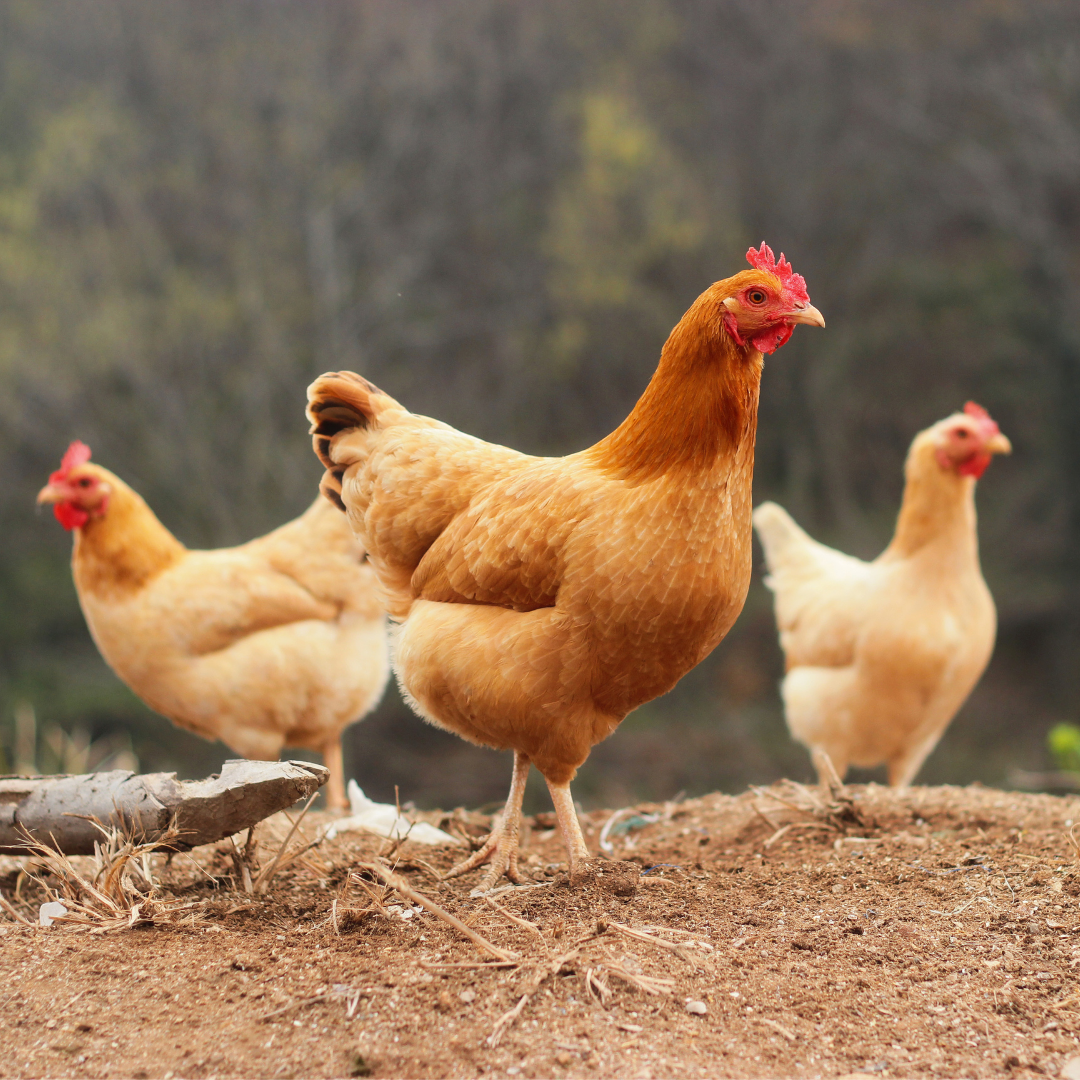If bread is the staple of human life, calcium is its backbone. Lacking calcium, the bones of every living creature, from people to flounders, wouldn’t exist. Without calcium neither clams nor bird eggs would have shells. Chickens, and especially laying hens, need plenty of it to maintain both their health and laying ability.
Laying hens have a calcium dilemma. When chickens were wild birds roaming the Southeast Asian woodlands, they would only lay one or two clutches of eggs a year, maybe two dozen total. Every egg removes calcium from the hen’s body, but when she didn’t lay many eggs, she could easily replenish it. Then poultry breeders developed breeds and hybrids that lay upwards of 300 eggs a year. Each drains calcium from hen bodies that must be replaced.

Modern chicken keepers are lucky. Feed companies blend layer rations that provide just the right level of calcium, phosphorus, magnesium, and other vital nutrients to keep hens healthy and laying like fury. All flock owners need to do is to use the right feed. Chick starter, for example, is higher in protein and lower in calcium than layer feed. Feeding starter to laying hens creates nutritional problems, and the high calcium level of lay mash, if fed to chicks, can be toxic.
In some ways people and chickens are alike. Both love junk food. Potato chips and candy are ok for people if eaten moderately, but gobbling them down constantly is a path to health problems. Chickens also readily overeat treats that can lead to nutritional problems. Cracked corn is low in protein, for example, and if they eat too much of it their diet becomes unbalanced.
Not eating enough calcium causes problems but so does eating too much of it. Fortunately, chickens have common sense. If given the chance they’ll pick and choose foods most nutritious for them. For that reason, it’s best to put calcium supplements, like oyster shell bits, in a bowl near the feeder, rather than mixing it into the feed. That lets the hens decide if they need more calcium.
The best way to keep laying hens calcium healthy is to provide quality layer feed with just occasional calcium rich snacks like bits of cheese and shrimp shells. They’ll soon recycle the mineral into egg shells.
Every living creature needs a balanced diet that includes all the nutrients needed for health and reproduction. Modern commercial chicken feeds provide just what laying hens need. Supplements in moderation may help a bit if given in moderation.